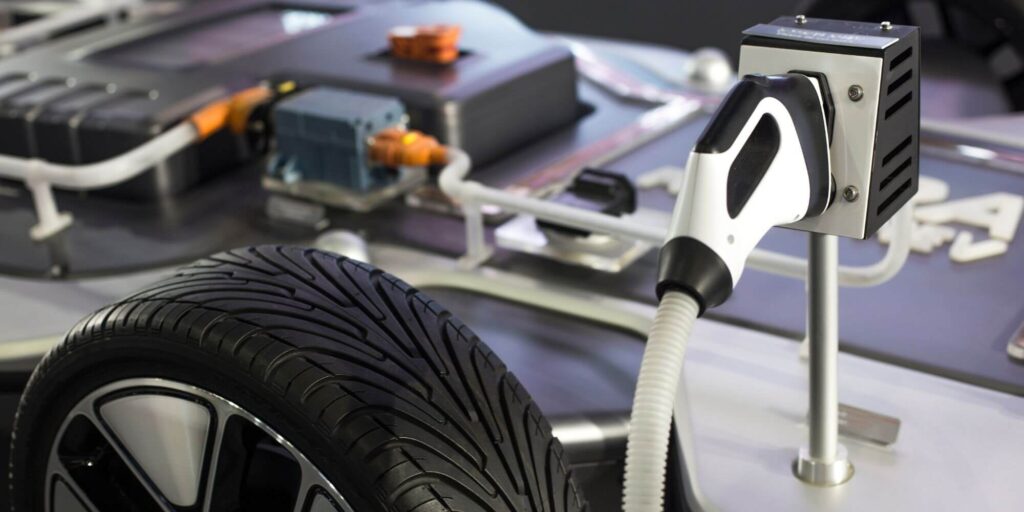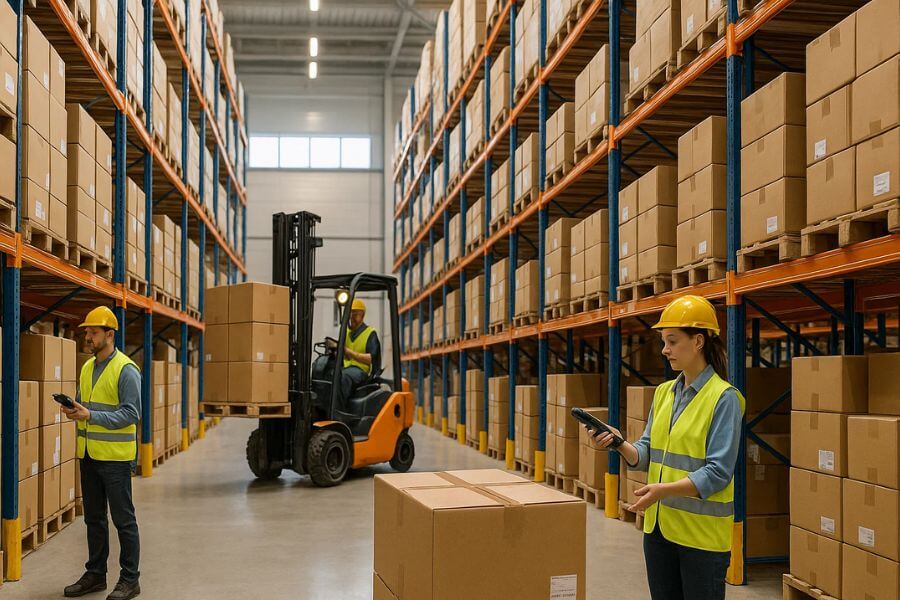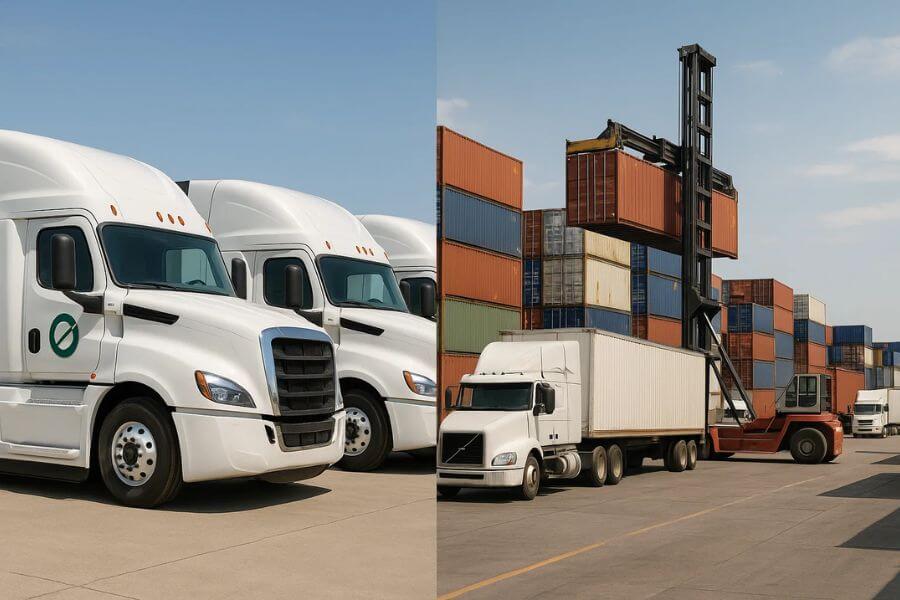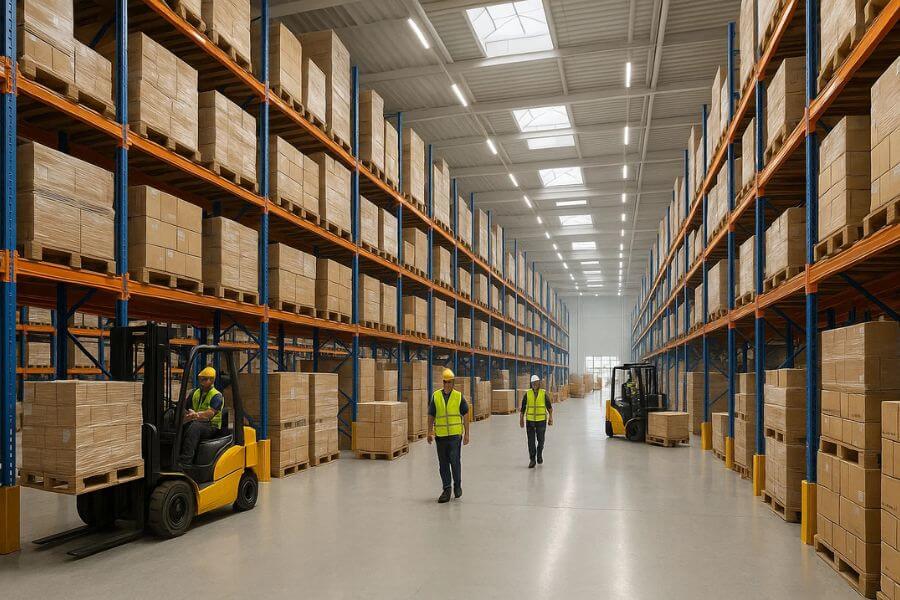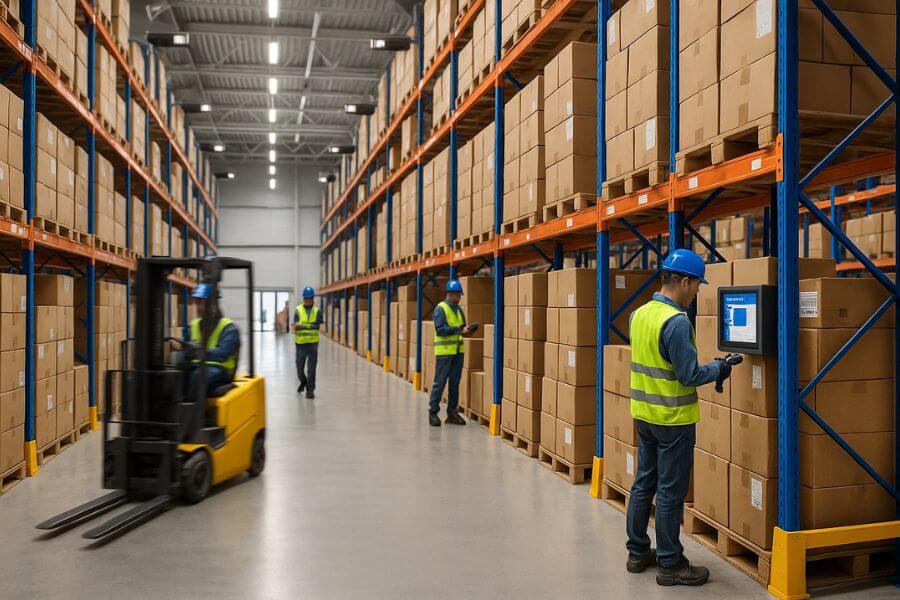The automotive industry is undergoing a monumental transformation, driven by the rapid rise of electric vehicles (EVs). As the world shifts toward cleaner and more sustainable transportation options, the impact is felt not only on the vehicles themselves but also on the entire ecosystem that supports their production, distribution, and after-sales service. In this comprehensive blog post, we delve into the intricate world of automotive logistics in the year 2023, exploring the challenges, innovations, and strategies that are shaping the future of this dynamic sector.
The Electric Revolution and Logistics Dynamics
The advent of electric vehicles has ignited a revolution that has far-reaching implications for the automotive industry. Unlike traditional internal combustion engine vehicles, EVs rely on advanced battery technology and require distinct logistics strategies. These strategies encompass several critical aspects that influence the efficiency and sustainability of the entire supply chain.
Supply Chain Adjustments for EV Components
The transition to electric vehicles necessitates significant adjustments within the automotive supply chain. Suppliers are now focusing on producing lithium-ion batteries, electric powertrains, and other EV-specific components. This shift demands strategic collaborations with suppliers who can deliver these specialized parts while adhering to the stringent quality and safety standards of the industry.
Battery Transportation Challenges
One of the unique challenges in electric vehicle logistics is the transportation of lithium-ion batteries. These batteries are not only heavy but also subject to strict regulations due to their potential safety risks. Logistics providers must adhere to specific guidelines for battery transport, considering factors such as packaging, temperature control, and minimizing the risk of accidents.
Charging Infrastructure and Last-Mile Delivery
As electric vehicles become mainstream in 2023, the importance of charging infrastructure cannot be overstated. Automotive logistics must now consider routes that include charging stations, ensuring that vehicles can be charged before they reach dealerships or end consumers. Last-mile delivery, traditionally centered around fuel-efficient vehicles, now involves the consideration of EV charging needs.
Inventory Management and Demand Fluctuations
The transition to electric vehicles introduces new challenges in inventory management. Demand for EVs can be volatile due to factors like government incentives, changing consumer preferences, and technological advancements. Automotive logistics must be agile enough to adjust inventory levels to meet fluctuating demand while avoiding overstocking or shortages.
Reverse Logistics for Battery Recycling
Sustainability is a core principle of the EV movement. As batteries reach the end of their useful life in vehicles, they can still find a purpose in energy storage applications. Automotive logistics now encompass the reverse logistics of collecting and transporting used batteries for recycling or repurposing, minimizing waste and contributing to a circular economy.
Innovative Technologies and Predictive Analytics
In 2023, the complexity of electric vehicle logistics has led to the integration of innovative technologies. Predictive analytics, IoT devices, and data-driven insights play a pivotal role in optimizing routes, managing battery life, and predicting maintenance needs, ensuring the smooth flow of both vehicles and components.
Collaboration in the EV Ecosystem
As electric vehicle logistics become increasingly intricate, collaboration between automakers, suppliers, logistics providers, and charging infrastructure companies is paramount. Seamless information sharing, synchronized planning, and join problem-solving are essential to overcoming the challenges posed by the EV revolution.
Conclusion
The year 2023 marks a pivotal point in the rise of electric vehicles and their impact on automotive logistics. The challenges presented by battery transportation, charging infrastructure, and supply chain adjustments are met with innovative solutions that leverage technology and collaboration. The future of automotive logistics in the age of electric vehicles is not just about moving vehicles; it’s about propelling an industry toward sustainability, efficiency, and a new era of transportation. As we navigate this electrifying journey, the synergy between innovation and logistics excellence will drive the automotive industry into a cleaner, more sustainable future.

